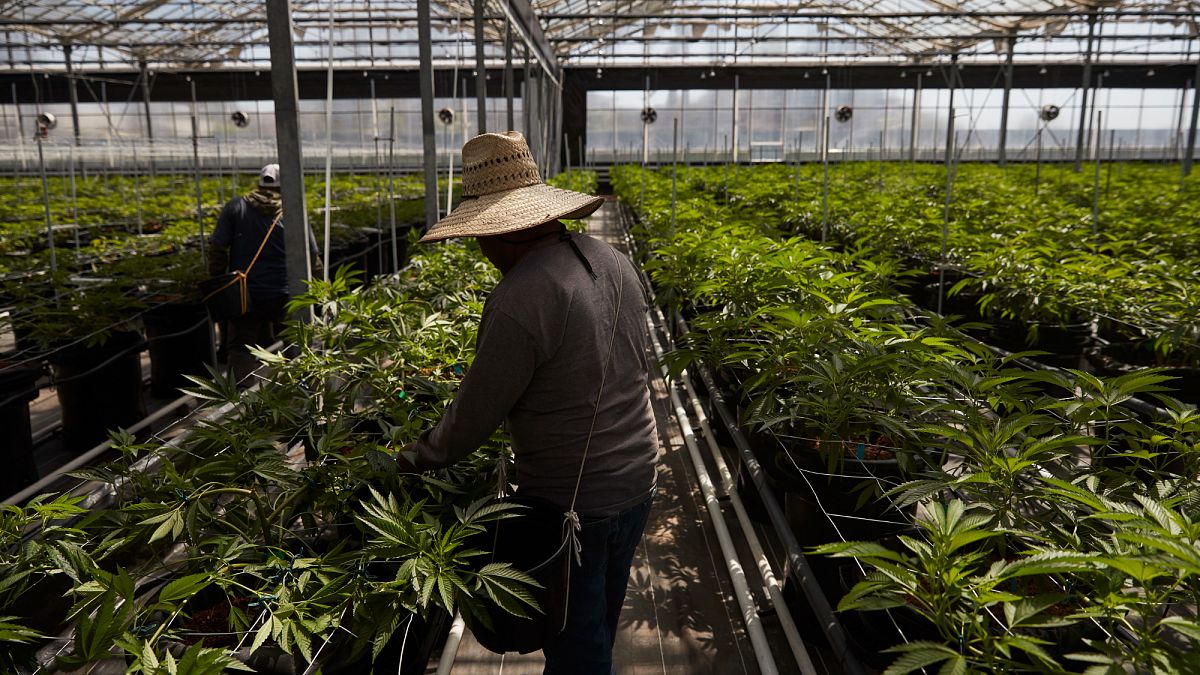

In a world that’s constantly evolving, regions and industries face unique obstacles and opportunities. From Southern California’s social tensions to economic challenges in Gaza, and industrial shifts in China, each locality presents developments that, while diverse in nature, reflect broader global motifs of change and adaptation.
In Southern California, recent events have unfolded with a series of immigration enforcement actions targeting marijuana farms. The operation, conducted by Immigration and Customs Enforcement (ICE), took place at state-licensed cultivation sites and ignited clashes with activists opposing the raids. The protesters, who gathered in support of the workers at these farms, conveyed their concern over the impact of such actions on the local agricultural community and economy. The situation accentuates ongoing debates about immigration policy and its far-reaching effects on local industries and communities.
Meanwhile, across the globe in China, a significant transition is occurring within the automotive manufacturing sector. After nearly two decades of operation, Volkswagen and its Chinese partner SAIC Motor Corporation have announced the closure of their production plant in Nanjing. This decision marks a strategic shift for both companies as they recalibrate their resources and focus on enhancing efficiency within their joint ventures. The closure is reflective of the dynamic nature of global manufacturing, where businesses must continually evolve to address changing economic and market landscapes.
In contrast, the region of Gaza faces a different set of challenges. A severe cash shortage has gripped the territory, compelling residents to seek alternative methods to access funds. With banks shuttered and ATMs inoperative, the demand for cash has escalated dramatically, giving rise to informal money services that impose steep commissions of up to 40%. This predicament highlights the broader economic instability faced by Gazans, exacerbating existing hardships and underscoring the need for sustainable financial solutions.
Further compounding Gaza’s struggles is the alarming humanitarian situation following recent escalations in conflict. The United Nations reports nearly 800 fatalities at food distribution hubs and aid convoy routes, indicating the perilous conditions faced by civilians seeking essential supplies. The operations, executed under the Gaza Humanitarian Foundation, underscore the critical nature of impartiality in humanitarian endeavors, as calls for adherence to international humanitarian laws resonate across the region.
Moreover, distressing news emerged with reports of an Israeli airstrike in Gaza that claimed the lives of at least 15 individuals, including 10 children, as they awaited medical care. The incident has drawn condemnation from humanitarian organizations and emphasizes the urgent necessity for a cease-fire. Although talks suggest the potential for a truce, the situation remains delicate, illustrating the complex interplay of diplomacy and conflict resolution in crisis settings.
These narratives, although distinct, collectively offer a snapshot of our interconnected world, where local events often reflect or influence broader trends. Striking a balance in addressing these issues demands empathy, collaboration, and a commitment to sustainable change, ensuring that communities can navigate challenges while pursuing opportunities for growth and stability.
Source: {link}
